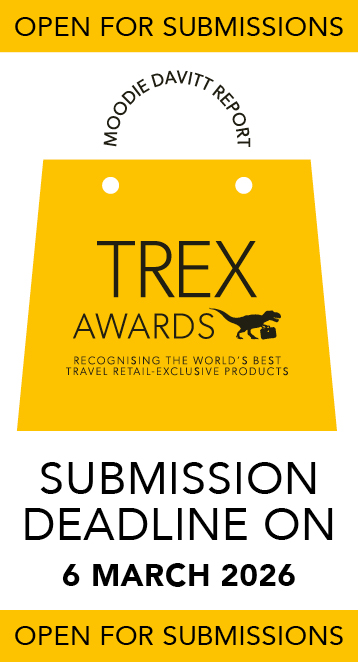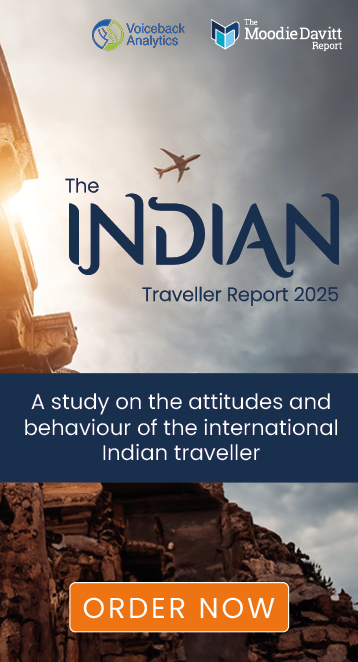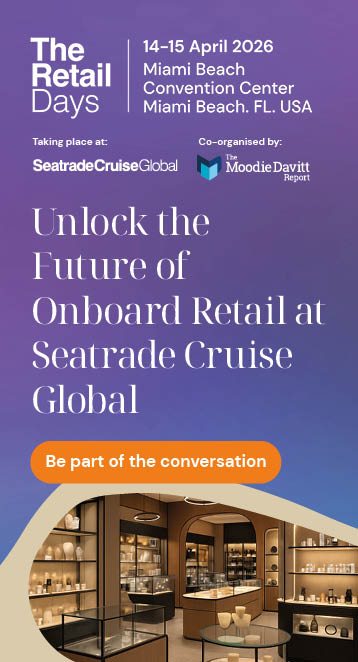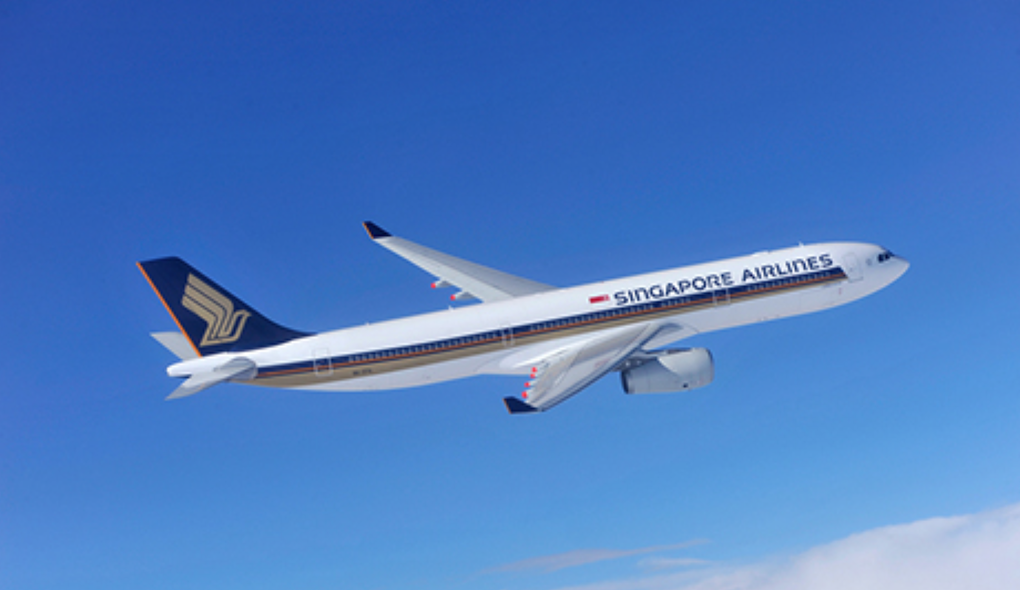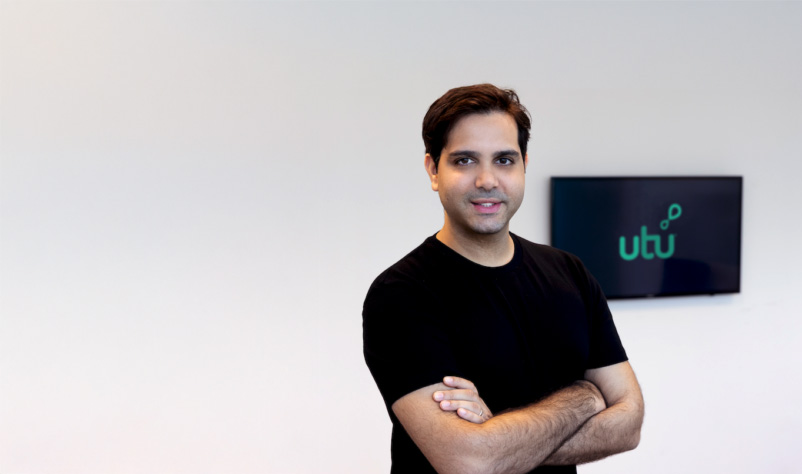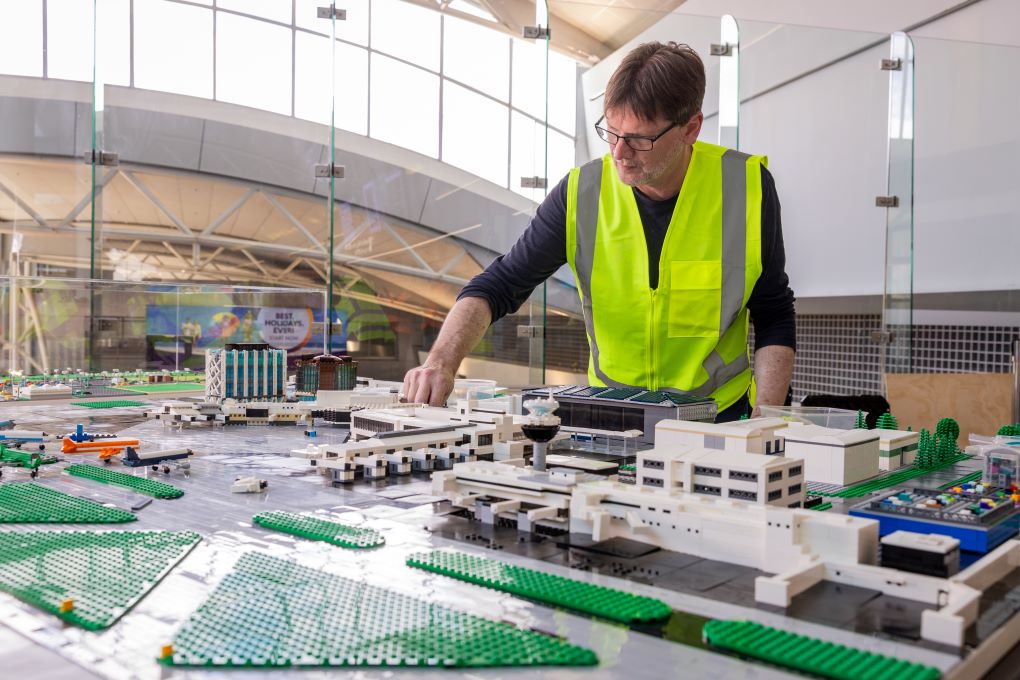
IRELAND/INTERNATIONAL. Aer Rianta International (ARI) has taken what it calls a balanced approach to crisis over the past 22 months, moving from “survival mode” in early and mid 2020 to a position where it is investing for a return to growth today.
Deputy CEO Anthony Kenny says: “We cut back all of our discretionary spend, we reduced our operating costs and got support from brands, airports and government and airports. But we also continued with refits and capital outlays, so in between we also opened fantastic new stores in Bahrain and Cyprus for example.
“We lost 25% of our staff but of those that remained we continued investing in them and making sure that for those who were travelling we continue to provide an exceptional customer experience.”
Maintaining that positive shopper experience as the industry emerged from shutdown prompted the company last year to set about redefining its ‘customer value proposition’, adapted to changing traveller expectations and demands.

Kenny says: “We already had a good customer value proposition pre-crisis. But when COVID hit, we decided to have a root and branch review of that customer value proposition. We had to ask how needs and expectations had changed? Was our value proposition fit for purpose? We felt that exercise was important at an early stage, even as we were working to preserve cash, manage working capital and prepare for reopening. We couldn’t deal with the day-to-day without examining what the medium and longer term might look like.”
That led ARI to surveying customers directly, speaking to business partners and conducting other desk research. “We wanted to identify and really home in on who our target market is, what needs we are trying to satisfy and what elements come together to make that happen,” says Kenny.
What the company found was that some shopper needs remained the same as pre-crisis: customer service, clear statements of value, good ranges and high-quality products. Other demands had been accelerated or were new.
“Convenience was a big area,” says Kenny. “People want more convenience in the transaction and in how it is fulfilled. Sustainability has undoubtedly become more important too, not just for Gen Z or Millennials but for everybody. The other element that stood out was safety; people want to feel secure in the shopping environment.”
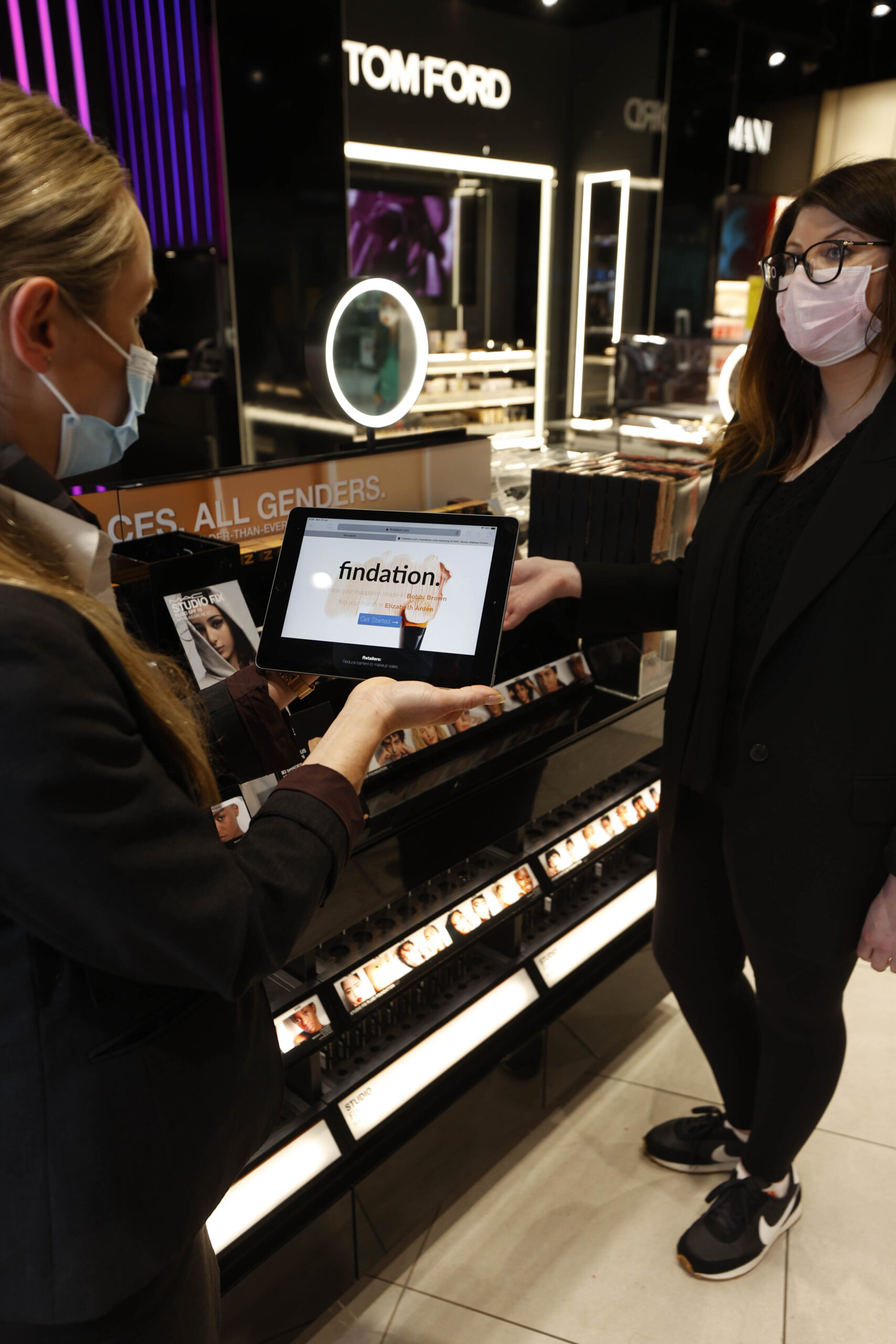
ARI created a working programme to respond to this new set of expectations. This is overseen by a steering committee of the retailer’s most senior executives – CEO Ray Hernan and Kenny among them along Chief Operations and Business Development Officer Nuno do Amaral and regional business chiefs – plus a programme team with Kenny himself as Executive Sponsor. This team of 36 people is split into seven work streams, each overseen by a cross-functional group of managers from around the world.
Kenny says: “From this base we constructed our new customer value proposition, which includes principles such as value, convenience, gifting solutions, brand range and importantly, bespoke concepts and Sense of Place.
“All of these and other areas now feature 60 initiatives around the world. We do a lot very well, but we identified areas where we can do more, do better, enhance our engagement across every touchpoint, from before people travel to online to in-store to point of payment and after-sales service too. It’s about engaging better or in new ways.”
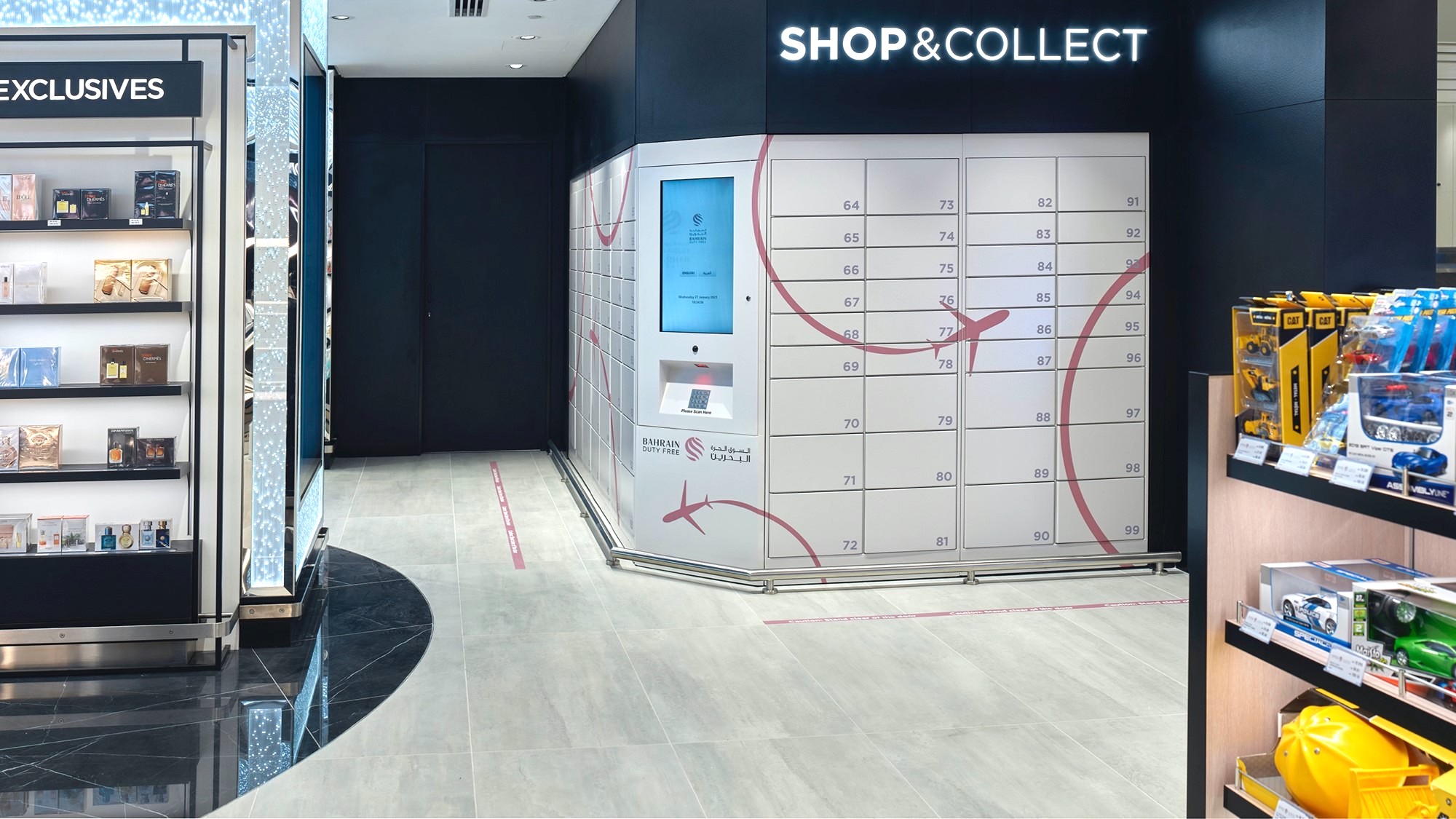
Kenny outlines some examples of these initiatives that are being trialled or in operation.
“One is geo-fencing, which we already do well at Delhi Duty Free. How to take that success from one part of the estate and leverage it so it’s ubiquitous across our operations is a key question.
“In-house product development is another area, something that we do well in Cyprus, for example. We have around seven alcohol SKUs that the team the has developed there, with our own XO the fourth best-selling item in the category currently. In that market we also have self-service tills, which work well in convenience stores, and could be an option elsewhere, as long as you don’t exclude the personal touch you need for many purchases, especially at the luxury end.
“At Bahrain Duty Free we have a neat QR code system, where you can go to the shelf edge, scan a code and it brings up a range of product information. These are examples of work being done locally that have utility across the estate.
“Other areas we are looking at are augmented reality, virtual try-ons, personal shopping and flexible payment systems such as ‘buy now, pay later’. We are working on a project to install e-collection lockers at airports (already in place in Bahrain), so when you arrive having already made your purchase, you get a code, go to the locker and your shopping bag is waiting for you.
“Other trials include web chat for customers in Ireland, alongside digital beauty tools, where you can match makeup to your skin colour and tone for example.”

Kenny notes that these initiatives, where adopted, will be tailored to appropriate locations or business units. “Some of them will be relevant across all of the ARI estate, but others will be appropriate for particular passenger profiles at various airports. That applies also to our marketing, which includes global campaigns but that are adaptable to the local market.”
The value proposition is also intended as a constant work in progress, evolving according to changing consumer needs. What the retailer assumed would be a defining new post-COVID characteristic of its customer base in Summer 2020 is not necessarily valid today. Evolution will therefore be a key element of the updated proposition.
Kenny says: “An important item in execution is a validation period of six months. We have KPIs against every initiative to see whether they have performed or not. We then either push ahead, pivot and try to do it differently or we drop it.
“In a wider sense, this is a living strategy. People’s expectations have changed, in some ways profoundly around convenience and sustainability, as well as digitalisation, so this programme brings all of this together.
“But we have to be agile. If [Delhi Duty Free CEO] Ashish Chopra does something brilliant in Delhi, how do we leverage it elsewhere, and offer that full support from the centre to the operations to make them successful? The best initiatives happen close to the customer.
“One thing that hasn’t changed, I should add, is a craving for interaction. In every location people want to engage with staff, to understand the story behind the product. They are spending more on themselves or on gifts, so they want to ensure its authenticity and provenance. So we need to nurture that while ensuring people feel safe and secure.”

Aside from meeting emerging needs from the traveller, the new customer value proposition can also play a role in enhancing ARI’s competitiveness, adds Kenny.
“It will help in terms of the existing portfolio of contracts, and in organically driving growth. It will help us with business development, because we will be able to clearly articulate our customer value proposition and what lies behind it. And it’s also really important for brands. It helps us to demonstrate how we will represent and sell their brand better than anybody else.”
To ensure the value proposition is well communicated, it demands buy-in from across the group. Here, says Kenny, it is not only “top of the agenda for the ARI executive team” but also an important element driving thinking and execution for department managers and among front-line staff. “There’s a great sense of collegiality about it, across regions and areas of the business, and everyone is motivated to show how they can contribute.”
In short the customer value proposition helps set the requirements for the ARI business model today. Kenny says: “It tells us how we should be set up, what resources we need, what capabilities we need, and represents a very important guide for our business. If something we do doesn’t fit into the customer value proposition or into serving the customer better, we should be asking why we are doing it?
Creating a tailored experience also extends to how the company brands itself at each location. Kenny says the retailer’s stores don’t all need to carry the ARI or The Loop name as long as the brand behaviours and values (great customer service, Sense of Place and so on) are in place.
Moving ahead, what does success look like for the evolution of the ARI customer value proposition?
Kenny says: “We want to offer an unrivalled, trusted, exceptional choice to the customer, and to deliver on our ‘Experience is Everything’ brand promise. We were the pioneers of duty free from 1947, we have a track record, and we want to carry the spirit of innovation through to today.
“We think that that knowledge, experience and heritage is a differentiator that stands to us. We want to make an authentic and emotional connection to the customer through taking a bespoke approach, and not a homogenous one, as others do. And this new value proposition is our roadmap as we bring that to life.”







